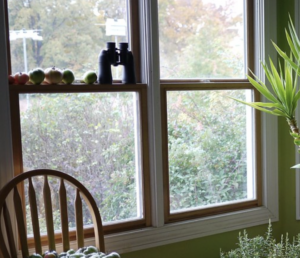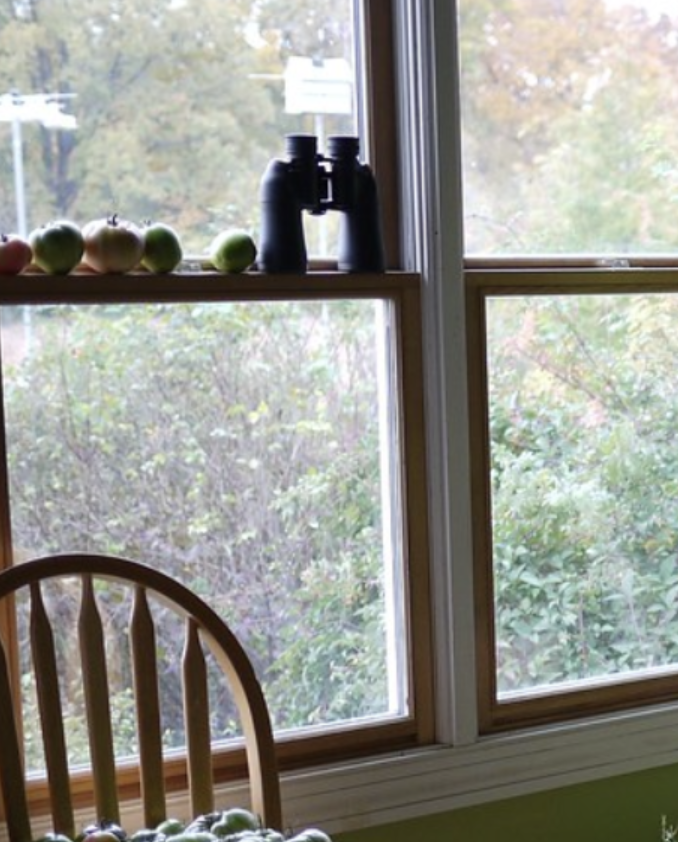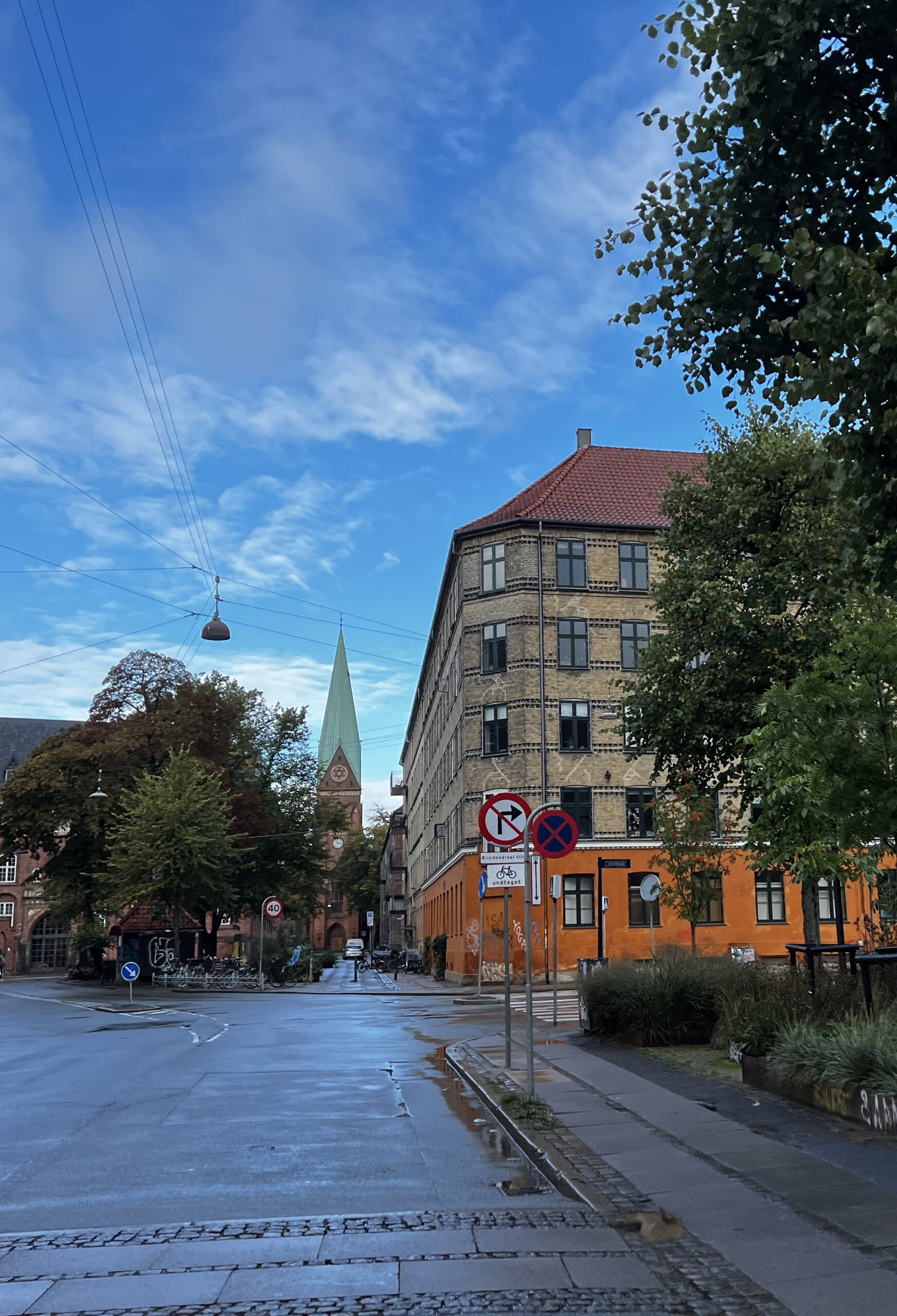
Lake Katrine, NY
I visit with a friend as she works to empty her mother’s house, who died just days before Christmas, and each object holds a tiny piece of Susan. I come away with several treasures lovely (a hand knitted scarf, a clay donkey to hold my garlic) and practical (a metal frog for summer flower arranging, a switchplate for the guest bedroom).
This small home was itself a downsize, and these many items are the survivors of her mother’s own earlier culling, so are a little piecemeal, each one tasked with balancing an eager backstory on its tiny shoulders. More than two of anything inspires commentary, my attempt to make knowledge in place of the knowing I hadn’t sought earlier: She must have liked Edith Wharton or She had quite a collection, here. My friend’s own childhood artwork hangs in several places, and each flutters with a colored post-it; I’ve arrived too late for those.
It’s cold, because it’s winter and why heat a home no one lives in. The lock on the front door is tricky once undone and eases open on its own, so that dried leaves fill the entryway. Space had been cleared, near the end, for equipment, and medical people, and wool rugs are still bunched funny, a trip hazard for no one. There is a tropical plant in a windowed corner, many years old, individual spears towering over a pot far too small. It has a lineage. The artist Grant Wood painted things other than American Gothic, and in 1929 his own mother sat with such a plant in her hands for a portrait. This is a cutting of that very one, migrating from the midwest to the northeast when my friend’s mom did, to be near her. It’s been claimed, and waits patiently while transport to DC is arranged. The grandfather clock was offered free to someone who can safely manage the lifting of it and it, too, will soon move on.
We eat Doritos and seltzer on the couch, us two and two dogs, and I resolve aloud to buy more art when abroad, as her mother did, shipping costs be damned. The recliner opposite us bears an indentation from her mother’s head, and the footstool, one from her heels. All of the walls are pink. I’m curious if she chose this or inherited it, but don’t find the words to ask. There are too many pens, and spoons, and bags of various sizes, as always. How can there be too many when someone is gone, when these are all that’s left, when them being trash is not possible.
We drift among the things, and touch them lightly, and move some piles around. There is a forty-year-old measuring cup that suddenly appeals, so my friend puts it in her purse. She leaves behind a folded piece of paper with passwords written in her mother’s soft pencil hand and won’t realize until tomorrow that she needs it. There are folksy garden sculptures frozen into the heaving soil along the walk, but the porch light has burnt out, and we can’t see them as we leave.
This one lady was very special, we say. We slowly navigate the maze of speed bumps, me in my car and she in hers, and I watch puffs of steam appearing and disappearing on her rear window, hot breath from two four-legged souls ready for the ride, who’ve never lost anything they can remember.
Sarah Dunphy-Lelii has been teaching psychology at Bard College for 17 years, working with undergraduates (in upstate New York), preschool-aged children (in her research), and wild chimpanzees (in Kibale, Uganda). Her academic writing has appeared in journals including the Journal of Cognition and Development, Folia Primatologica, and Scientific American; her creative nonfiction writing appears in places including Plume, CutBank, Passages North, Terrain, and Tupelo Quarterly.




